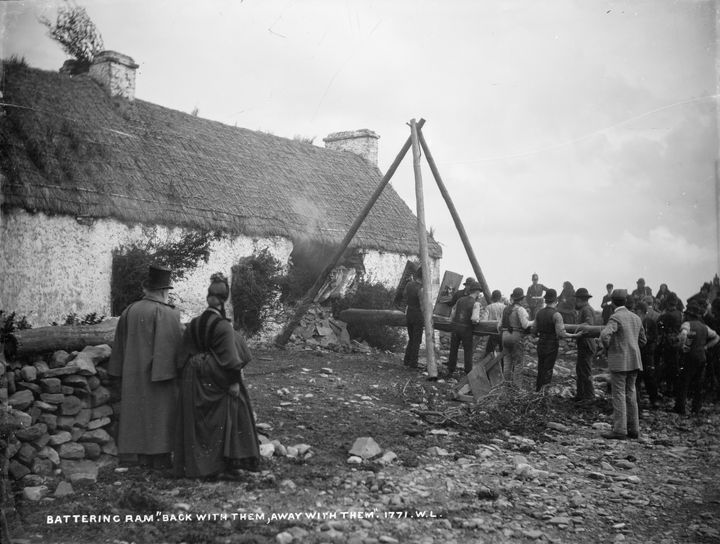My Pi-spective on Planning

(A pi-spective is when you talk about something with only 314 words)
Planning can be good. Planning can be bad.
Good plans can take us nowhere. Bad plans can take us anywhere.
No plan survives contact with the enemy. Paraphrased and attributed to Helmuth von Moltke.
What he said was 'no plan of operations extends with any certainty beyond first contact with the hostile force.'
It's the certainty bit that's important. Uncertainty is our natural state and we plan to shape uncertainty in our favour.
In an emergent world, a plan built on best practice is an exercise in self deceit. With the growth of data and consequent decline of communication, a plan built expert analysis is an exercise in running out of time.
@rgmcgrath gave us discovery driven planning which is a great approach. It ties into the work of @claychristensen around sustaining and disruptive innovation.
There's a fish hook in using assumptions in your planning. Assumptions reinforce the idea that there is an exact answer to questions and lead us to seek point estimates.
Estimating probability is a better basis for planning. The problem is our brains don't like probability.
We assess probability using a blunderbuss full of nails, acorns and old pasta.
Learn to estimate a 90% confidence interval based on what you know. It works a treat.
Sometimes any plan will do. There is the great story of the Austrian troops lost in the Alps that navigated their way out with a map of the Apennines.
Apocryphal or not, it reminds us that the genius of discovery lies between our ears and not on a piece of paper.
Peter Drucker tells us that planning is all about the futurity of our present decisions. Decisions are proven by action so planning is about the future results of today's actions.
A plan that is not based in action today is like a love letter written in anticipation of finding someone to fall in love with.
Photo by Jon Ottoson via Unsplash


